Debunking Space Billionaires: A Dive into the Grey Zone of Progress and Vanity
In the realm of space exploration, a new breed of pioneers has emerged. They are not astronauts or scientists, but billionaires. Names like Elon Musk, Richard Branson, and Jeff Bezos have become synonymous with the new era of space exploration. However, as these billionaires race to conquer the cosmos, it’s important to dissect the motives behind their astronomical ambitions. Are these space explorations a noble pursuit of progress, or are they simply vanity projects? This comprehensive guide aims to debunk the myths surrounding these space billionaires and delve into the grey zone of progress and vanity.
The Billionaire Space Race
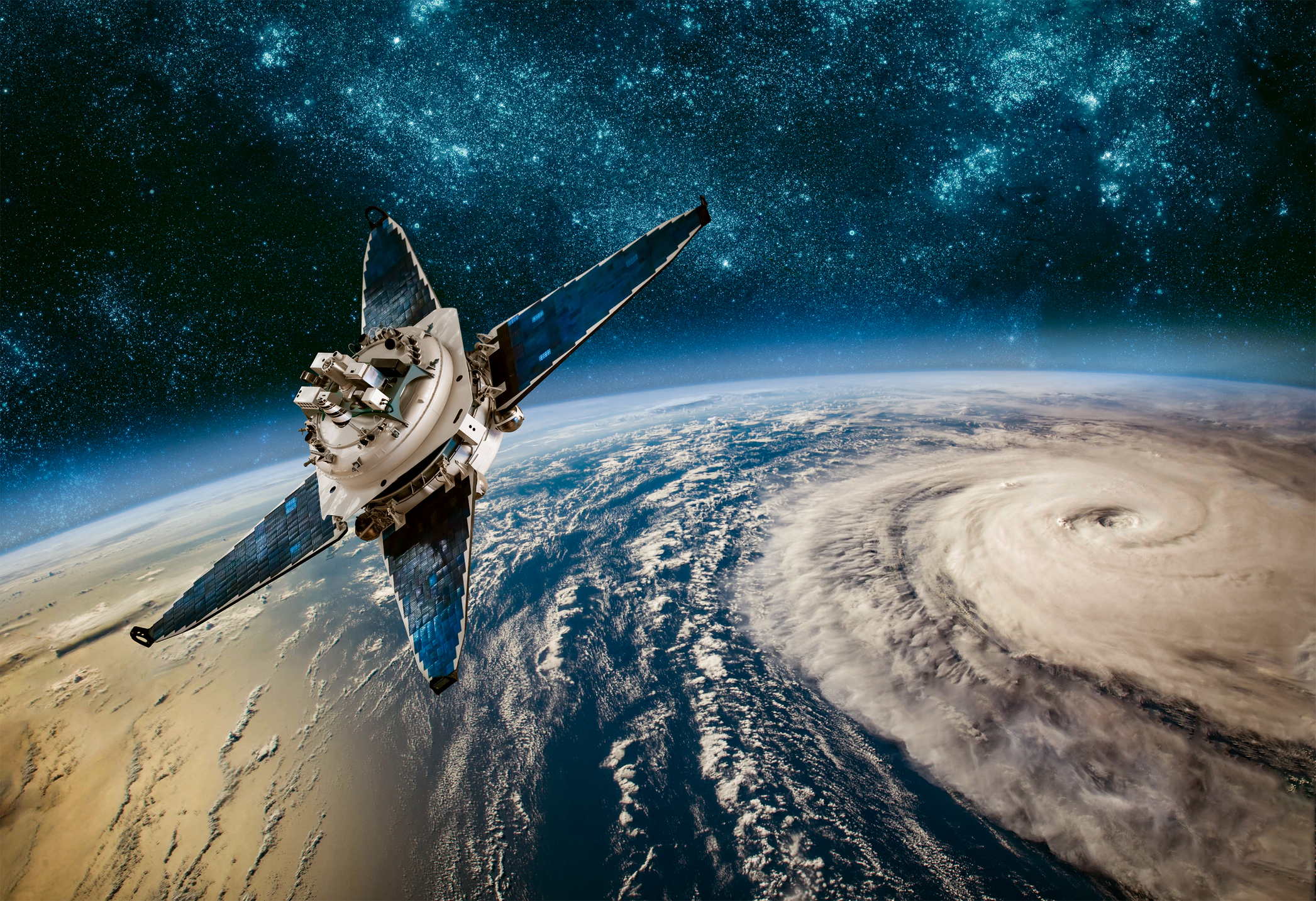
The billionaire space race is not a new phenomenon. It started in the early 2000s when entrepreneurs with deep pockets and a passion for space began investing in private space companies. Musk's SpaceX, Bezos' Blue Origin, and Branson's Virgin Galactic have been at the forefront of this race. However, the question remains whether these ventures are truly about advancing humanity or are they simply a manifestation of billionaire ego?
The Promise of Progress

Space exploration promises progress. It offers opportunities for scientific discovery, technological innovation, and potentially even colonization of other planets. Billionaires like Musk argue that their space ventures are a necessary step for the survival of humanity. However, it's essential to scrutinize these claims and understand if they are grounded in reality or are just lofty ideals.
The Vanity Argument

Critics argue that the billionaire space race is nothing more than a vanity project. They believe that these billionaires are using their wealth to fulfill their childhood fantasies of space exploration. This section will delve into the vanity argument, exploring whether these space ventures are more about personal ambition than societal benefit.
The Economic Perspective

From an economic perspective, private space exploration could potentially be a boon. It could create jobs, stimulate economic growth, and lead to technological advancements. However, it's also important to consider whether these benefits outweigh the costs, and if this wealth could be better spent on pressing issues here on Earth.
The Environmental Impact
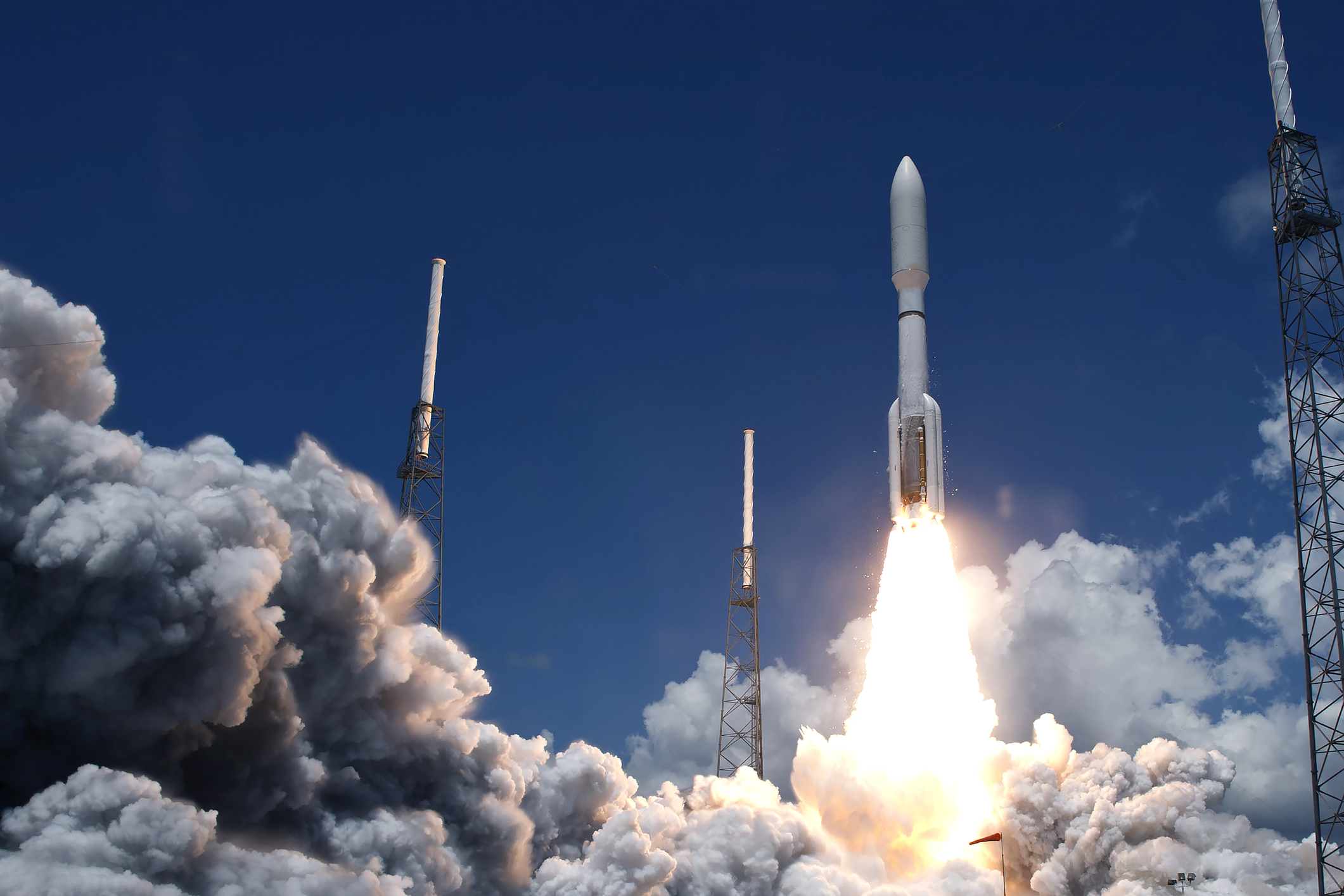
Space exploration has an undeniable environmental impact. Rocket launches release greenhouse gases into the atmosphere and contribute to space debris. This section will explore the environmental consequences of the billionaire space race and question whether it's truly a sustainable endeavor.
The Role of Regulation
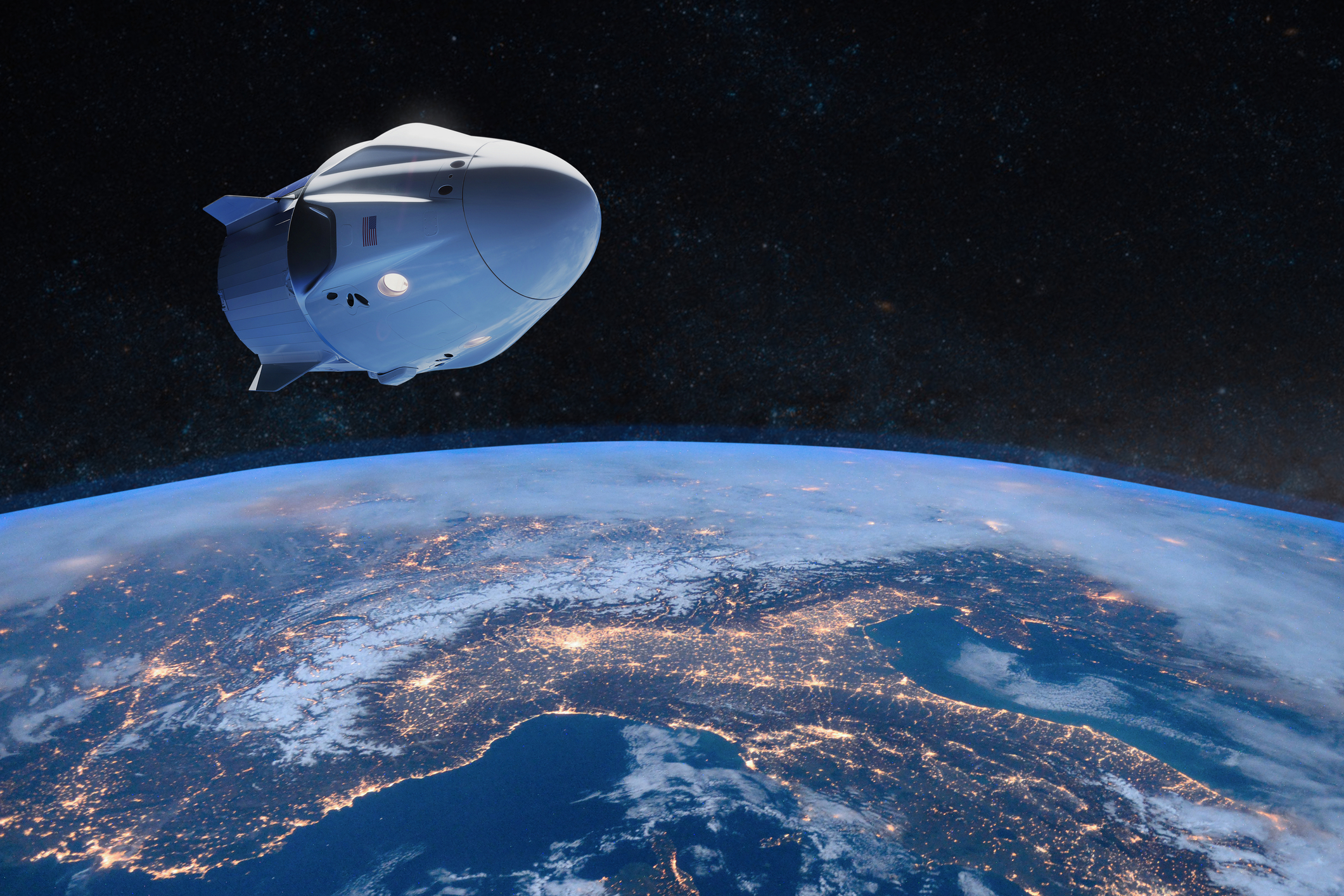
As private companies venture into space, the question of regulation becomes increasingly important. This section will delve into the current state of space law, the potential need for stricter regulations, and the role of international cooperation in governing space exploration.
The Social Perspective
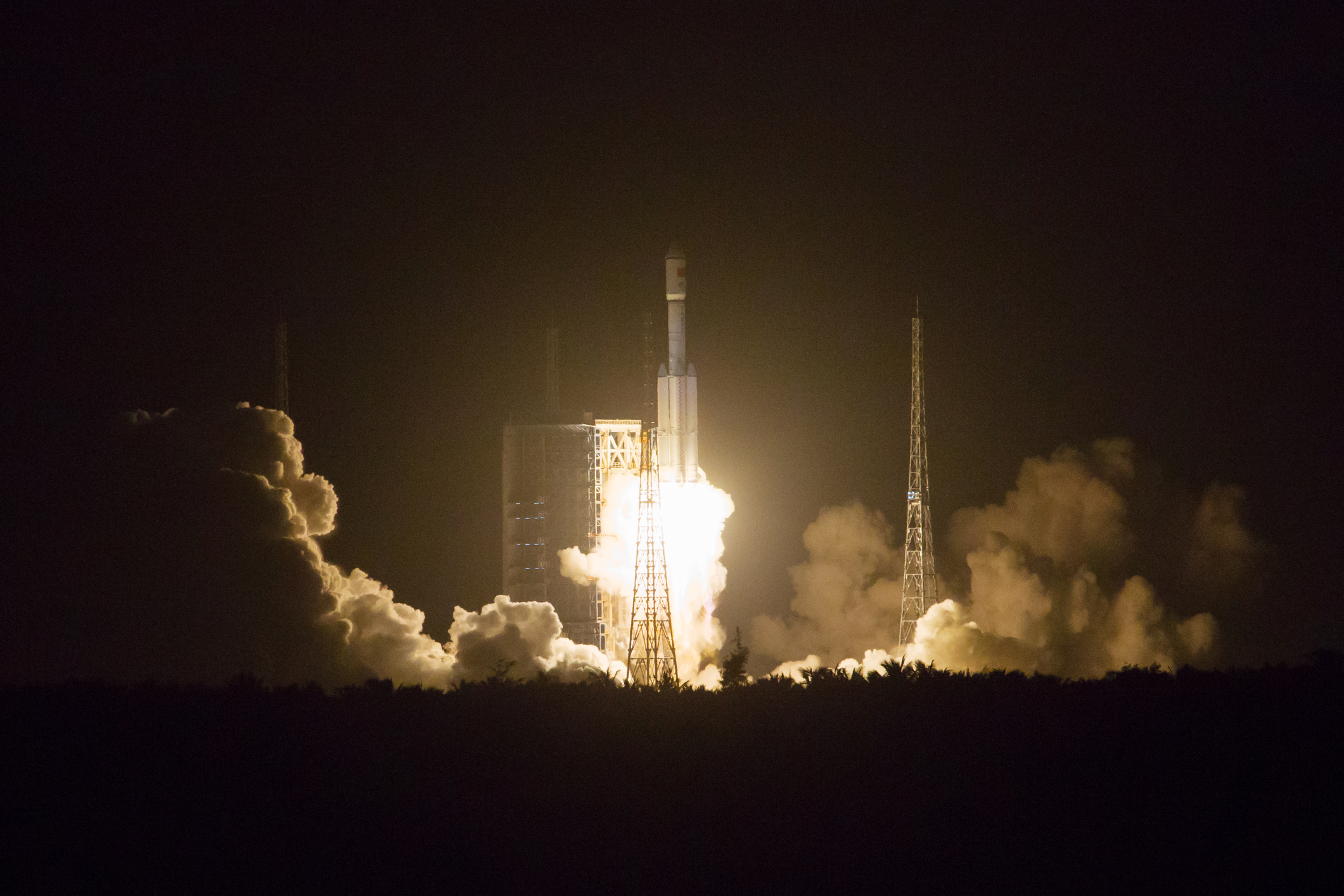
From a social perspective, the billionaire space race raises questions about wealth inequality and the role of billionaires in society. This section will explore these social implications, questioning whether space exploration is a justifiable pursuit in a world plagued by poverty and inequality.
The Future of Space Exploration

The future of space exploration is uncertain. Will it continue to be dominated by billionaires, or will governments and international organizations play a more prominent role? This section will delve into the potential future scenarios and the implications they could have on space exploration.
The Billionaires' Motives

Understanding the motives behind the billionaire space race is crucial. This section will delve into the personal motivations of Musk, Bezos, and Branson, exploring whether their ambitions are driven by a desire for progress or personal vanity.
The Impact on Scientific Research
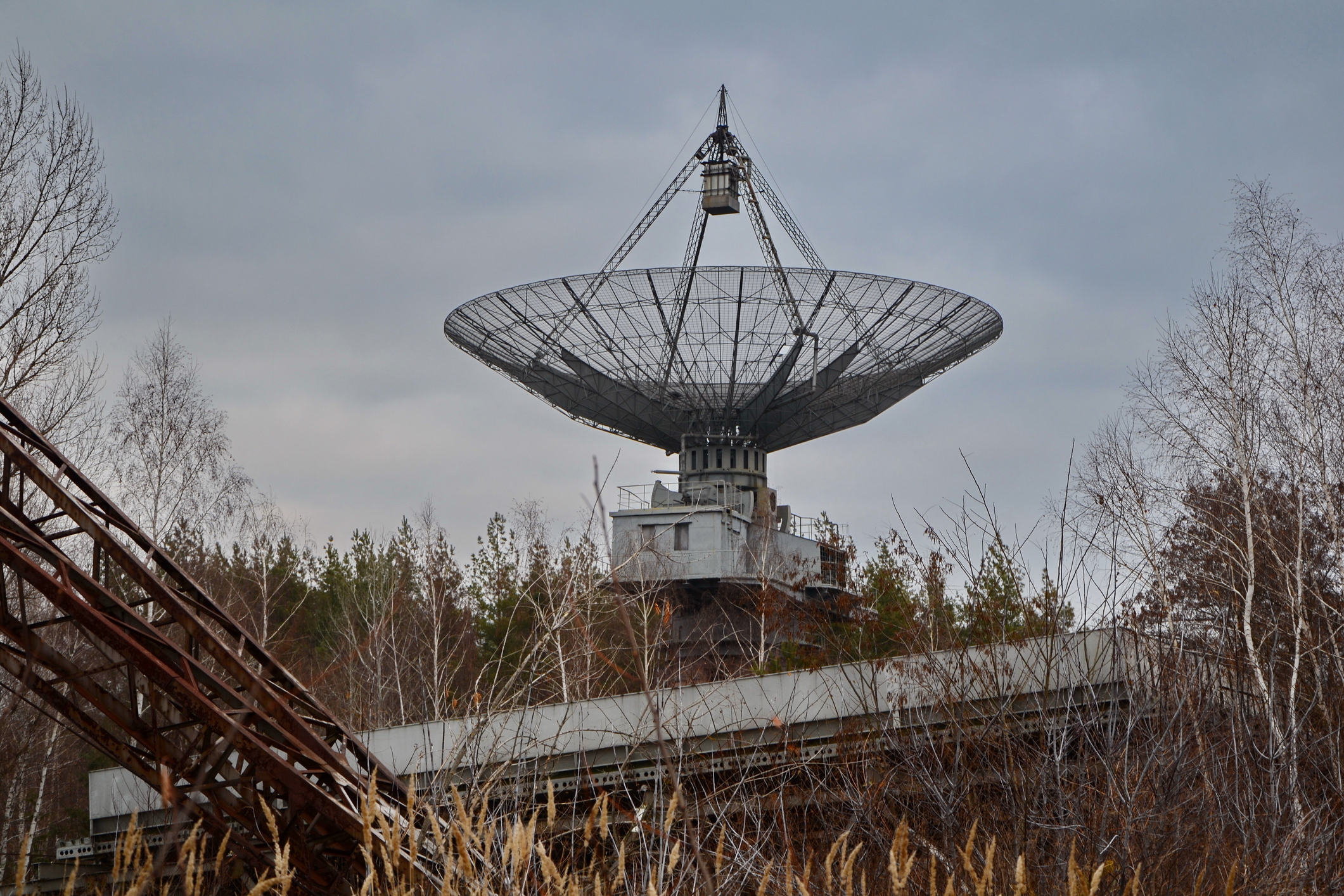
Private space exploration could potentially impact scientific research. It could lead to new discoveries and advancements in space science. However, it's also important to consider whether these benefits are being prioritized over other scientific endeavors.
The Role of Public Opinion

Public opinion plays a crucial role in shaping the future of space exploration. This section will explore the public's perception of the billionaire space race, and how it could influence the direction of space exploration.
The Ethical Implications

The billionaire space race raises several ethical questions. Is it right for a handful of billionaires to dominate space exploration? Is it ethical to prioritize space exploration over pressing issues on Earth? This section will delve into these ethical dilemmas.
The Role of Media

Media plays a crucial role in shaping public opinion about space exploration. This section will explore how the billionaire space race is portrayed in the media, and how it could influence public perception and policy.
The Impact on Space Tourism

The billionaire space race has sparked interest in space tourism. However, it's important to consider who can afford these trips and whether space tourism is a sustainable industry.
The Potential for Space Colonization

Space colonization is a controversial topic. While some view it as a necessary step for human survival, others see it as a dangerous and unrealistic endeavor. This section will delve into the potential for space colonization and the implications it could have.
The Role of Technology

Technology plays a crucial role in space exploration. This section will delve into the technological advancements made by these billionaires' companies and the potential impact they could have on space exploration.
The Billionaire Space Race: Progress or Vanity

After exploring the various aspects of the billionaire space race, this section will attempt to answer the central question: Is the billionaire space race a pursuit of progress or a vanity project?
The billionaire space race is a complex issue with no clear-cut answers. It's a grey zone where progress and vanity intersect. While it promises progress and innovation, it also raises questions about wealth inequality, environmental sustainability, and societal priorities. As we continue to explore the cosmos, it's crucial to keep these debates in mind and strive for a future where space exploration benefits all of humanity, not just a select few.







